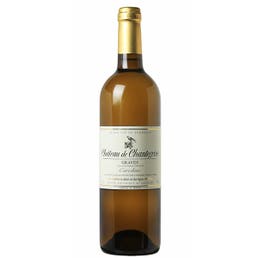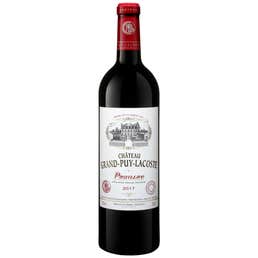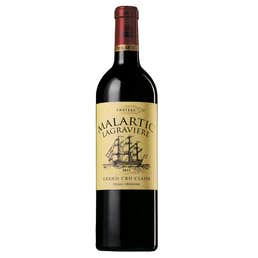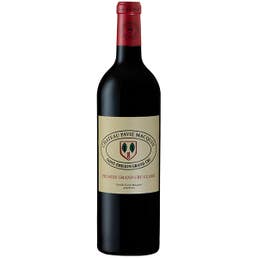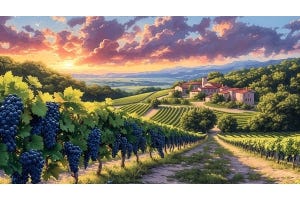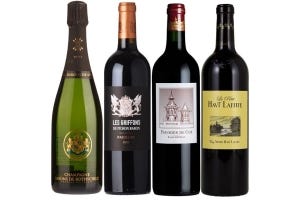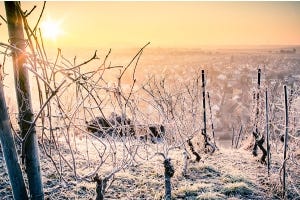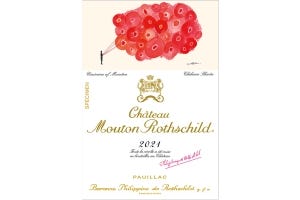A Songbird Without Guilt or Shame
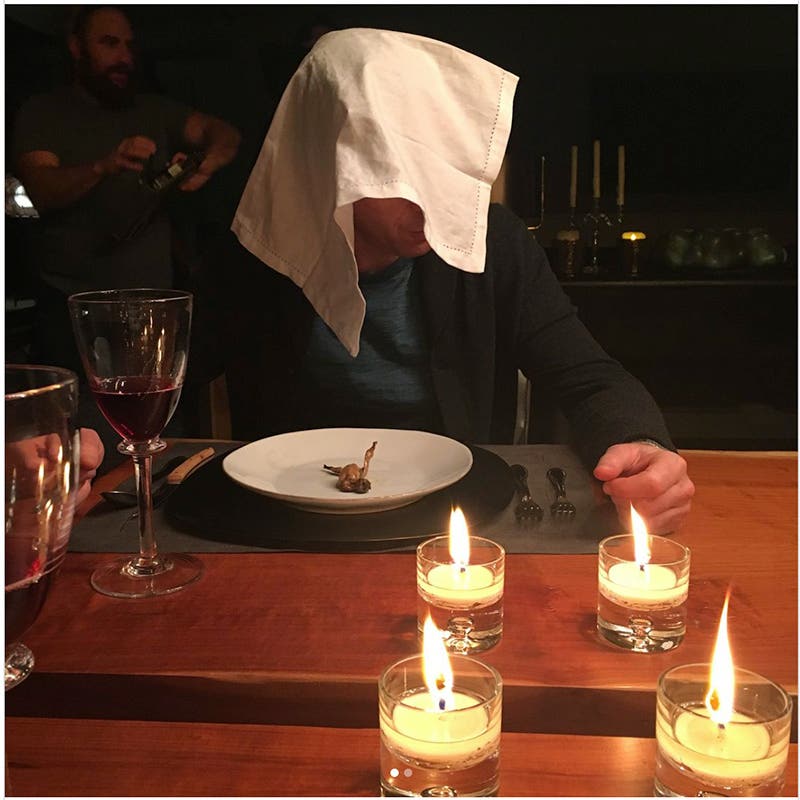
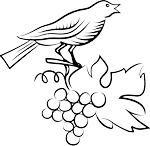

In France, it is now illegal to consume ortolan, a songbird near extinction. For those who have tasted it, if one is not blasé, he/she may hesitate to even admit it due to a sense of guilt. The ritual of eating the bird is shrouded in shame (for a dramatic depiction, watch Season 3, Episode 6 of Billions).
At Château de Chantegrive, the owners are songbird lovers. They named their property after songbird. Here, the songbirds are not fed grapes in confinement, nor are they fattened to be cooked as a delicacy. They merely sing among the vines and trees, and adorn the wine labels. This is a song bird one can love consuming without guilt or shame.
Located on one of the region's most beautiful gravelly rises, Château Malartic-Lagravière was purchased by the Count of Malartic in the 18th century. Previously, it was known as Domaine de La Gravières until 1850, when it was given its current name. Since 1997, this property has been under the ownership of th Bonnie family. 2015 was a big year for Bordeaux overall. The Bonnie family did a particularly outstanding job.
The philosophy at Château Grand-Puy-Lacoste is all about a mixture of tradition and precision. This Pauillac property is currently run by the well-respected Borie family and has been since 1978. Though the estate was classified as a Fifth Growth, François-Xavier Borie believed the terroir at Château Grand-Puy-Lacoste truly had the potential to produce wines that were the same quality level as some of the top Pauillac estates. It turns out his instincts were right. Under Borie’s leadership, Château Grand-Puy-Lacoste produces phenomenally elegant wines that are considered benchmark expressions of Pauillac terroir.
Château Pavie Macquin is located on the Côte Pavie, near the vineyards of Château Pavie, Château Pavie-Decesse and Château Troplong Mondot. There are nine different types of soil, with different variations of limestone and clay. Before 1988, the wines of this estate were fairly mediocre and it wasn’t until Nicolas Thienpont joined the team in 1994 that the quality of the wine skyrocketed. Critics soon began to take notice. Nicolas Thienpont’s grandfather once owned Château Troplong-Mondot but sold it in 1936 to preserve his ownership in Vieux Chateau Certan. His uncle, Jacques Thienpont, is the owner of the famously successful cult wine, Le Pin. Nicolas studied law and philosophy at university before entering the wine trade. He studied winemaking under his uncle Jacques. He is on track to be Jacques' most successful protégé.

